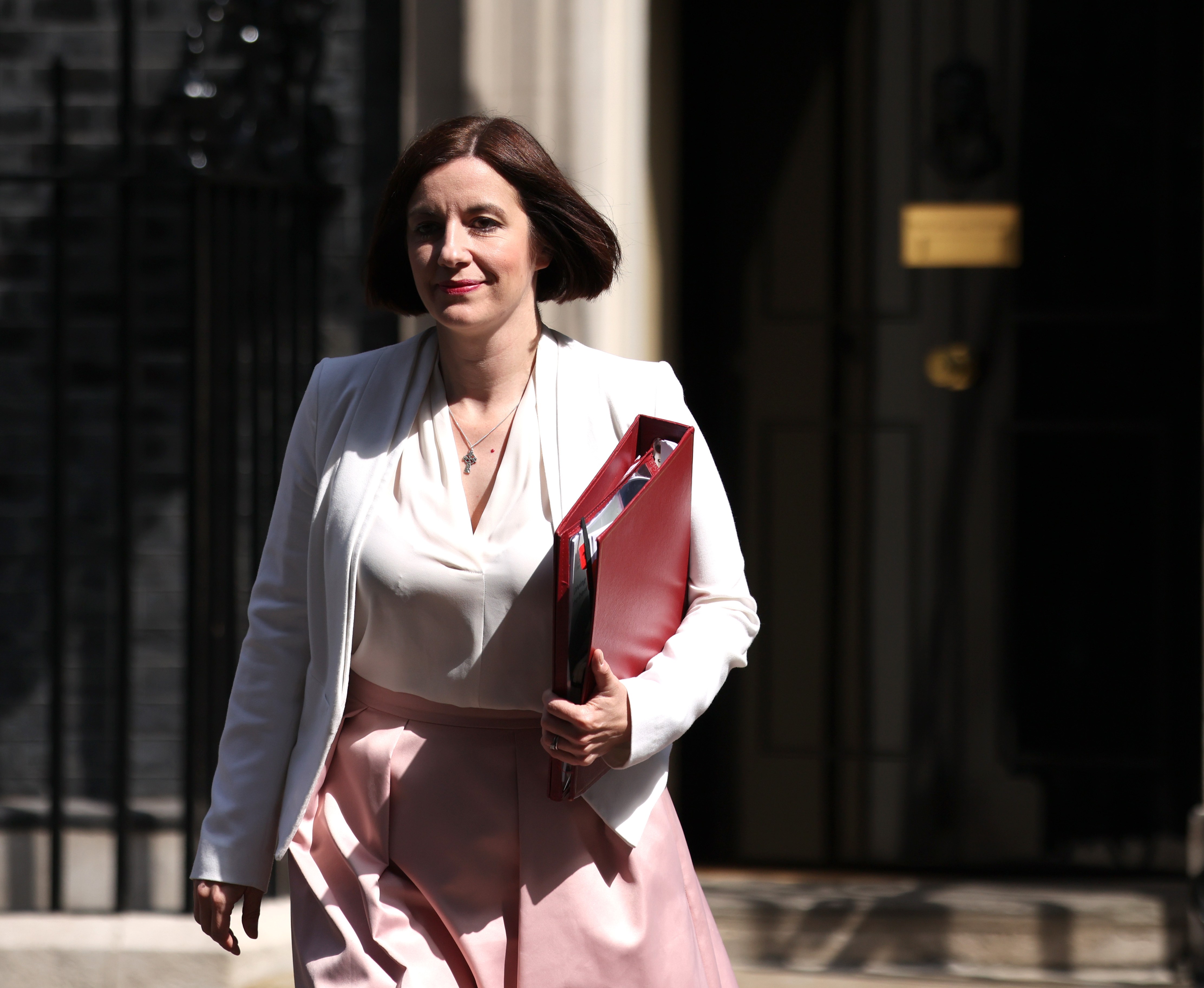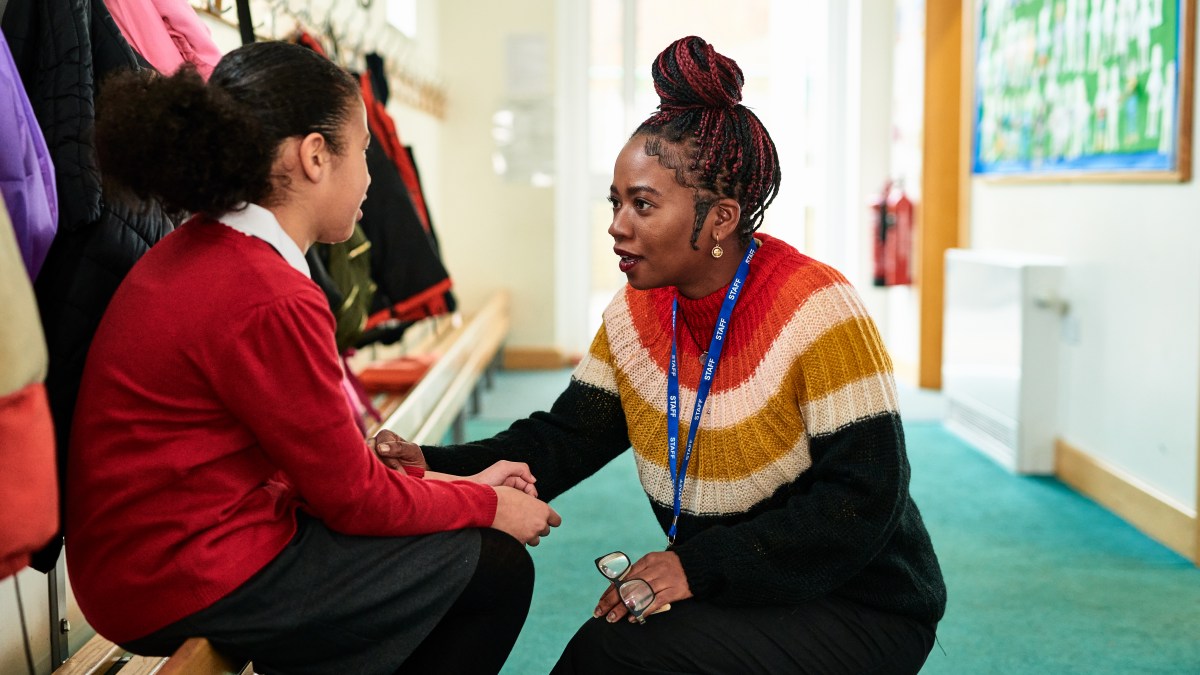Children will be taught that “worrying and feeling down” are normal and are not mental health conditions, as concerns grow over a sharp rise in young people on sickness benefits.
Revised relationships, sex and health education (RSHE) guidance issued to schools this month instructs teachers not to encourage self-diagnosis of conditions such as depression or anxiety.
The changes come as a result of growing concern over the number of young people who are economically inactive or have mental health conditions.
Between January and March this year, 12.5 per cent of 16 to 24-year-olds were not in employment, education or training.
• Mental health crisis raises fears for younger generation
Bridget Phillipson, the education secretary, told The Telegraph: “For too many children today, their understanding of how to manage their mood and regulate their emotions is coming from social media, rather than their parents, teachers or trained professionals.
“Our new RSHE curriculum will equip children to develop grit and resilience from the get-go, helping them understand that feeling a little down or anxious for a while is normal and nothing to worry about.”

Bridget Phillipson said children are turning to social media instead of parents, teachers or professionals
DAN KITWOOD/GETTY IMAGES
She added that pupils in every school will have access to mental health support because “with mental health, just like physical health, prevention is better than cure”.
A government report last week found an increase in the number of economically inactive 16 to 24-year-olds since the pandemic was driven by a surge in the number of young people with a mental health condition.
In January to March this year, there were 923,000 16 to 24-year-olds who were not in employment, education or training — 12.5 per cent of the age group.
The new guidance, which will be introduced in schools in September next year, includes curriculum content for primary school pupils which states that “pupils should understand that worrying and feeling down are normal” and “are not in themselves a sign of a mental health condition”.
Secondary school pupils should also be taught the “characteristics” of common mental health conditions like anxiety and depression, as well as “carefully-presented factual information about the prevalence and characteristics of more serious mental health conditions”. However, “this should not be discussed in a way that encourages normal feelings to be labelled as mental health conditions”.
The revised RSHE draft builds on proposals developed under the previous Conservative government.

Secondary school pupils will also be taught about common mental health conditions so they can better identify them, and prevent misguided self-diagnosis
SOLSTOCK/GETTY IMAGES
Phillipson added in the requirement that schools must not teach about mental health in a way that leads to pupils self-diagnosing.
The guidance is the latest attempt by the government to tackle a crisis of worklessness, which is being driven in part by mental health problems, particularly in young people.
• Children wait years for mental health care
Liz Kendall, the work and pensions secretary, said last week that Labour’s welfare policies remain “in the right place” despite internal pressure to reverse planned reforms to disability benefits.
The new RSHE curriculum follows a pledge by ministers to teach children the values of “grit”, after figures from the Department for Education showed that deteriorating mental health levels are driving record school absences.
Last month, Phillipson and Wes Streeting, the health secretary, said helping children in their school years would help deal with the “doom loop” of unaddressed mental health conditions, which cost the NHS millions down the line.

